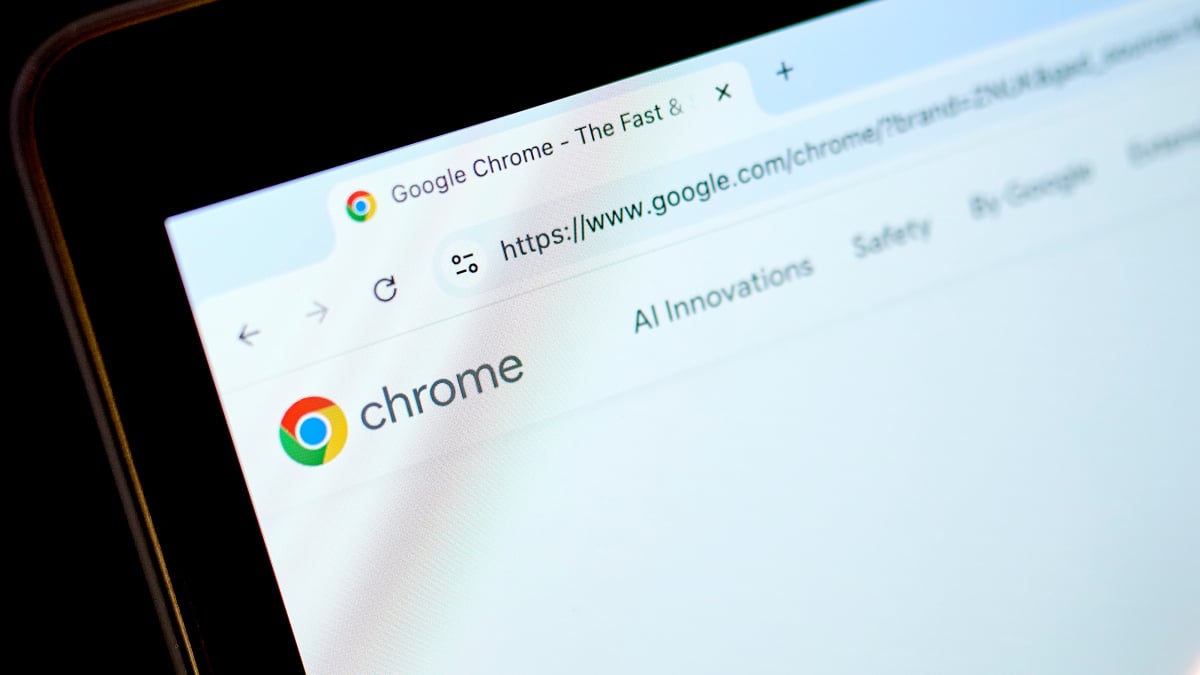Google is guilty. So, now what?
Last Summer, Google Lost A Landmark Antitrust CaseUs District Judge Amita Mehta Declared that “Google is a monopolist,” Finding the company actd illegally to maintenance dominance over the search engine market.
Now, Google is back in court – this time for the remedy phase of the case, where the US government arguments were actions Google Should be forced to take to dispense monopoly.
The department of justice (doj) Wants to break up the tech giant. Google is fighting to convince the Judge that Less Drastic Steps would address concerns, without handing an advantage to foreign rivals. No matter the outcome, this trial is likely to respae how the internet works.
What this trial isn’t about
This case is separe from the antitrust suit google Lost earlier this month Over Its Ad Tech Monopoly (Not to mention a recent Antitrust action against Google in JapanSo, these remedies don’t involved google ad manager or its advertising tools.
INTEAD, this trial’s outcomes could affect Nearly Everyone Who Uses The Internet.
The doj’s proposed remedies
To break google’s hold over the search market, the doj has proposed several potential remedies:
1. Sell off chrome
At the top of the doj’s list: Force Google to Divest Chrome, its dominant web browser.
The Government Argues Chrome Gives Google an unfair Ede by Directing Users to Google Search by default. With Around 66 percent of the Global Web Browser Market ShareChrome is tightly integrated with Google’s search engine, reinforcing the company’s dominance. Alredy, AI Rival Openai has expressed interest in Buying Chrome.
Selling chrome would be a West-Case Scenario for Google, but it’s not the only remedy on the table.
2. Share User Data
The doj also wants google to share some user data with rival companies to help foster competition in the search market.
Mashable light speed
3. End Exclusive Deals
Credit: Gabby Jones/Bloomberg Via Getty Images
A core issue in the original case was google’s whopping $ 20 billion-pha-yaar deal with apple to be the default search engine on iphones. The doj wants to ban such agreements going forward, not just for search, but also for emerging technologies like ai.
For institution, the government woulds to prevent Google from Paying Device Makers to Exclusively Use Its Ai Assistant, Gemini, as Generative Ai BCOMES A Standard Smartphone Feature.
4. Unbundle Android
Rather than forcing Google to sell androidIts mobile operating system, the doj is pushing for a different remedy: unbundling.
If approved, this would mean third-party android phone makers could ship devices without pre-installed google apps like search or the play store, giving users more freedom to choose alternatives.
Google’s Response
Google has made it clear: it disagrees with the verdictNow, it’s focused on Fighting the proposed remedies and appealing the ruling.
This tweet is currently unavailable. It might be loading or has been removed.
In a post on its official blogThe company said the doj’s proposals would hurt consumers, weaken the US economy, and damage a tech leader. It called the remedies an example of an “intervention ageda.”
Google’s defense is that people use its products, that they like them, not because they’re forced to. It argues that breaking up its services or changing default settings would only inconvenience users.
To support its case, google is expected to call on allies like apple, Microsoft, and Mozilla. Mozilla, for instance, have said it depends on google’s funding for its firefox browser – a relationship google will health health highlight to show that its partnerships support the broader internet eclus
Google will also also heavily emphasize user safety and privacy in its defense. Chrome is based on Google’s open-source chromium platform, which power browsers like Microsoft Edge and Opera. Google will argue that a forced sale of chrome would make it harder to maintain security updates and protect user privacy, not just for chrome but also all chromium-based browsers. The company will likely utilize the same security and privacy argument to fight back against the doj remedy that would for for for force google to share its search data with competers.
Google is also expected to stress the implications of sharing user data with foreign competitors. It would be surprising to see google point to ai companies like China’s Deepsek to make the case that the us government would be ceding ground to these Foreign competitions by breaking.
As for Remedies, Google has its suggestionsThe company says it would provide provide smartphone makers with more “flexibility” in Choosing which apps are pre-loaded on Android devices. Google will also argue that partnerships like the one with apple should be allowed to exist, but again, with more “flexibility” Regarding the exclusivity of such a deal.
The future of the web

Credit: Jaap Arrines/Nurphoto Via Getty Images)
This case isn’t just about today’s search engines. It’s about the future of ai and how we access information online.
Google has warned that the doj’s remedies could “Chill” its innovation in aiWhich it calls “Perhaps the most important innovation of our time.” In court, google may downplay its ai dominance and point to openai’s growing influence in the search business as proof of a competitive market.
Openai, for its part, is watching closely. DURING THE TRIAL, One Executive even said the company would be Interested in Buying Chrome if Google is forced to sell. That rays a question: would replacing one tech giant with another really solve the problem?
Whatever the Courts Decide, this trial and its verdict will likely cause revorations across the internet.
